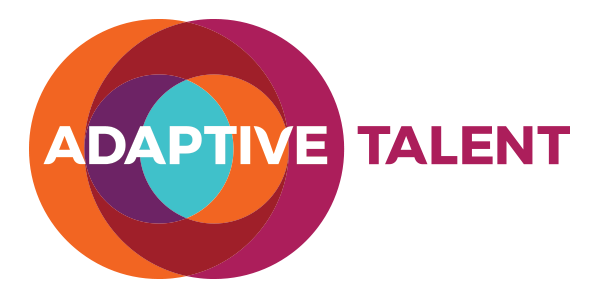 Food For Thought: What role does a CEO’s personal sense of curiosity have on the rest of his / her organization?
Food For Thought: What role does a CEO’s personal sense of curiosity have on the rest of his / her organization?
I believe there is an enormous impact and a truly successful leader creates an organizational culture that constantly learns and improves at all levels. If you’ve ever read the Fifth Discipline (a classic about learning organizations), then you know that successful companies win because they proactively change; they are adaptable. Senior managers set the tone and key leadership practices that solidify into a “way” of doing things within an organization. It’s this tone and these key practices that allow an organization to more easily “learn” and therefore create positive change for its stakeholders.This article from the New York Times cites Jeff Bezos as a role model for CEOs because he has a healthy sense of curiosity and balances that with leadership practices (kaizen is one example) that emphasize ongoing productivity improvements.
The phrase “shadow of the leader” nicely sums up the power of a leader: it’s not just about the things leaders intentionally do, it’s the things they don’t know they’re doing (thus the reference to a shadow). My suggestion is for leaders to examine (a) how they personally absorb information (b) how they make decisions with that information and (c) how they translate those personal preferences into organization wide practices. More broadly, how are you demanding experiments and renewal activities, and celebrating progress and lessons? Jeff Bezos expects failures from his experiments…which is why they’re called experiments. Be fearful of the organization where experiments turn out well most of the time because that’s playing to “not lose” versus truly wanting to learn.
Adaptive Talent’s executive coaching and organizational development consulting practices help leaders achieve great results and ensure ongoing adaptability.

